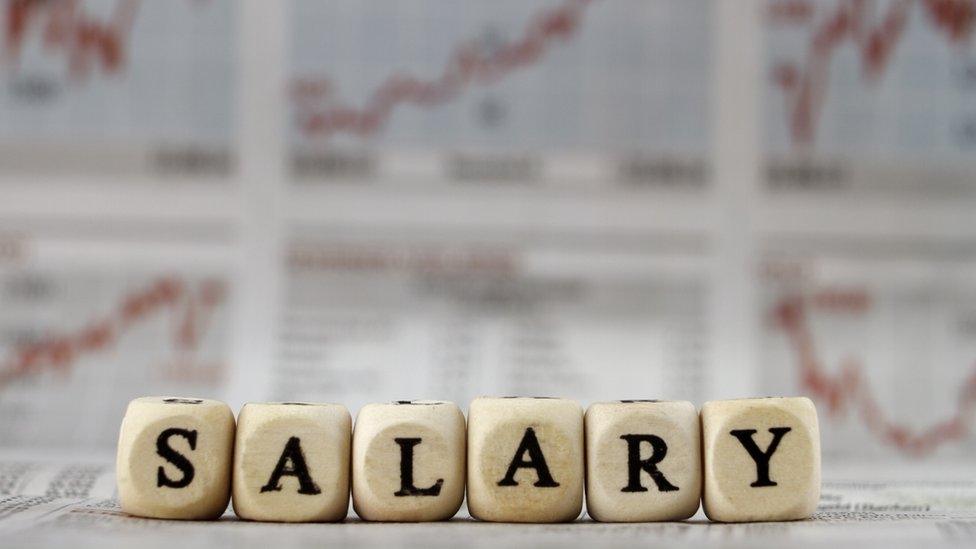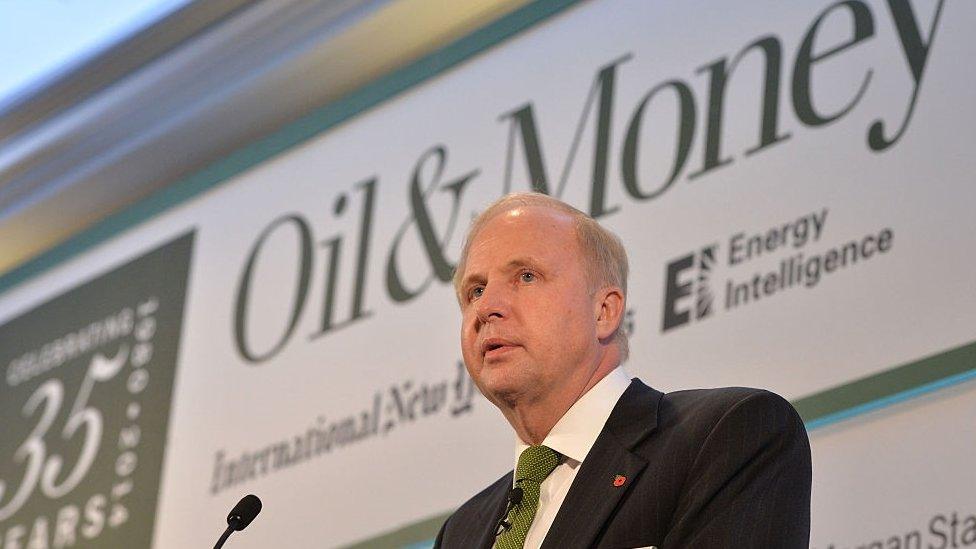Why high pay is bad for the health
- Published
- comments

Weir reported a 47% year-on-year drop in orders for its oil and gas division
The roar of shareholder disapproval became deafening yesterday as Weir Group became only the second company in UK history to lose a binding vote on executive pay.
We have seen other insurrections - most notably at BP - but these have been non binding. What's the difference?
Shareholders get to vote on pay every year but only once every three years does their vote have any teeth.
This is the moment when the company presents the pay policy. In other words when it lays out the method by which pay will be calculated for the next three years. If shareholders reject this - as Weir's did yesterday - its back to the drawing board.
Why it matters
The debate over high pay tends to focus on the injury done to our ideas of fairness and merit. The gap between the boardroom and the shop floor has become a chasm.
According to the High Pay Centre, 20 years ago CEOs earned 40 times as much as the average worker. That multiple is now 180.
There is increasing support gathering for the view that high pay is not just grossly unfair and socially divisive, it is economically destructive.
How so? The argument goes like this.

Remember, most company CEOs don't last long. The average tenure for a FTSE 100 boss is five years. Even when bonuses and pay are delayed, the period over which their performance is judged is pretty short.
Therefore, the CEO has to work quickly. The best way to maximise profit is to keep prices as high as the market will bear while cutting costs to the bone.
That will increase profits in the short term but is also a recipe for a lack of investment in new products, new machinery, new training, new technology, new anything.
All the things that, over time, raise an economy's productivity and its citizens living standards. The amount of money businesses are investing in things that will provide long term benefits is lower than at any time since the 1960s.
'Broken'
Some writers, like economist Andrew Smithers, argue that it is not too far fetched to link the decline in productivity, the amount of output per worker hour, to the excesses of executive pay.
We have been here before. The shareholder spring of 2012 was meant to chasten boards into more comprehensible, more transparent, and less offensive pay awards. It ushered in the idea of a three-yearly binding vote that Weir just lost.

Bob Dudley of BP has been handsomely rewarded
And yet here we are today with Bob Dudley trousering £14m as his shareholders suffer and, wait for it, Sir Martin Sorrell to get a pay award of nearly £70m (his shareholders made money).
Senior city figures realise something is wrong. Nigel Wilson, the chief executive of Legal and General last week launched a working group to examine a pay regime he described as "broken".
It remains to be seen whether this shareholder spring gives way to yet another long summer for those in the boardroom.
- Published27 April 2016
- Published25 April 2016
- Published21 April 2016
- Published14 April 2016
- Published12 April 2016
- Published11 April 2016